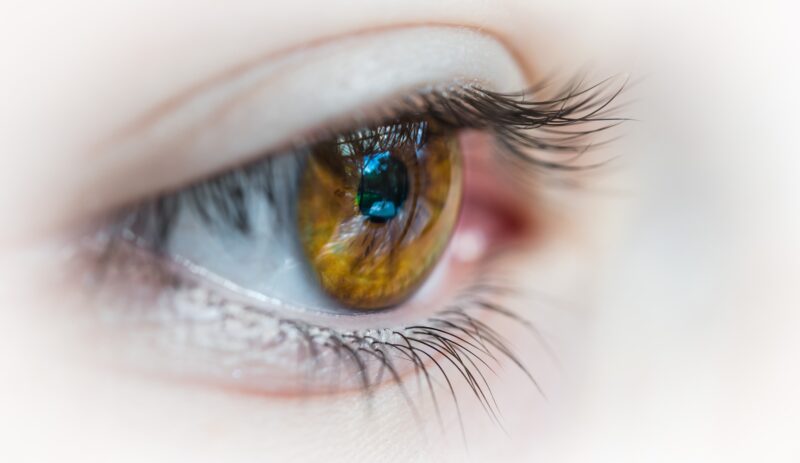Oct 30, 2019
November Disease Spotlight: Optic Nerve Hypoplasia

Each quarter, our Health Information Officer will shine a spotlight on rare eye diseases that are affecting our community. While we may not fund research into all these diseases, many of the projects we fund, including stem cell and gene therapy research, advance our understanding of vision loss generally and are therefore relevant to several diseases.
The optic nerve is like the power cord that connects the eye to the brain. It does this by collecting light from the retina and sending it to the brain, which converts the light into a picture. The right and left eye each have their own optic nerves.
Sometimes people are born without fully formed optic nerves; this condition is known as a congenital optic nerve anomaly. This group of anomalies usually causes vision impairment or blindness. There is no clear cause for this group of diseases.
Optic nerve hypoplasia (ONH) is one type of congenital optic nerve anomaly. It is characterized by a smaller than normal optic nerve. An ophthalmologist conducts a dilated eye exam to see the optic nerve and measure its size. ONH is hard to diagnose because the size of the optic nerve is not much smaller than normal. Under these circumstances, other symptoms may be used to facilitate a diagnosis.
Some symptoms of optic nerve hypoplasia include:
- Uncontrolled rapid eye movements
- Vision loss ranging from mild to severe in one or both eyes
- Other developmental delays
While most people with the disease are diagnosed very early (under two years old), some people are diagnosed later in childhood.
Optic nerve hypoplasia does not get worse over time. Currently there are no treatments for congenital optic nerve anomalies, however, researchers have found potential genetic mutations that may account for certain diagnoses of optic nerve hypoplasia.
Content in this article was written by Shari Shaw, MHSc, and was edited and approved by Dr. Netan Choudhry, MD, FRCSC, Medical Director. The information was most recently updated on October 31, 2019.
Do you have a story to tell about vision loss? Do you have questions about vision research? Is there a disease you’d like featured in our Disease Spotlight Series? Contact our health information line: healthinfo@fightingblindness.ca
Join the Fight!
Learn how your support is helping to bring a future without blindness into focus! Be the first to learn about the latest breakthroughs in vision research and events in your community by subscribing to our e-newsletter that lands in inboxes the beginning of each month.

